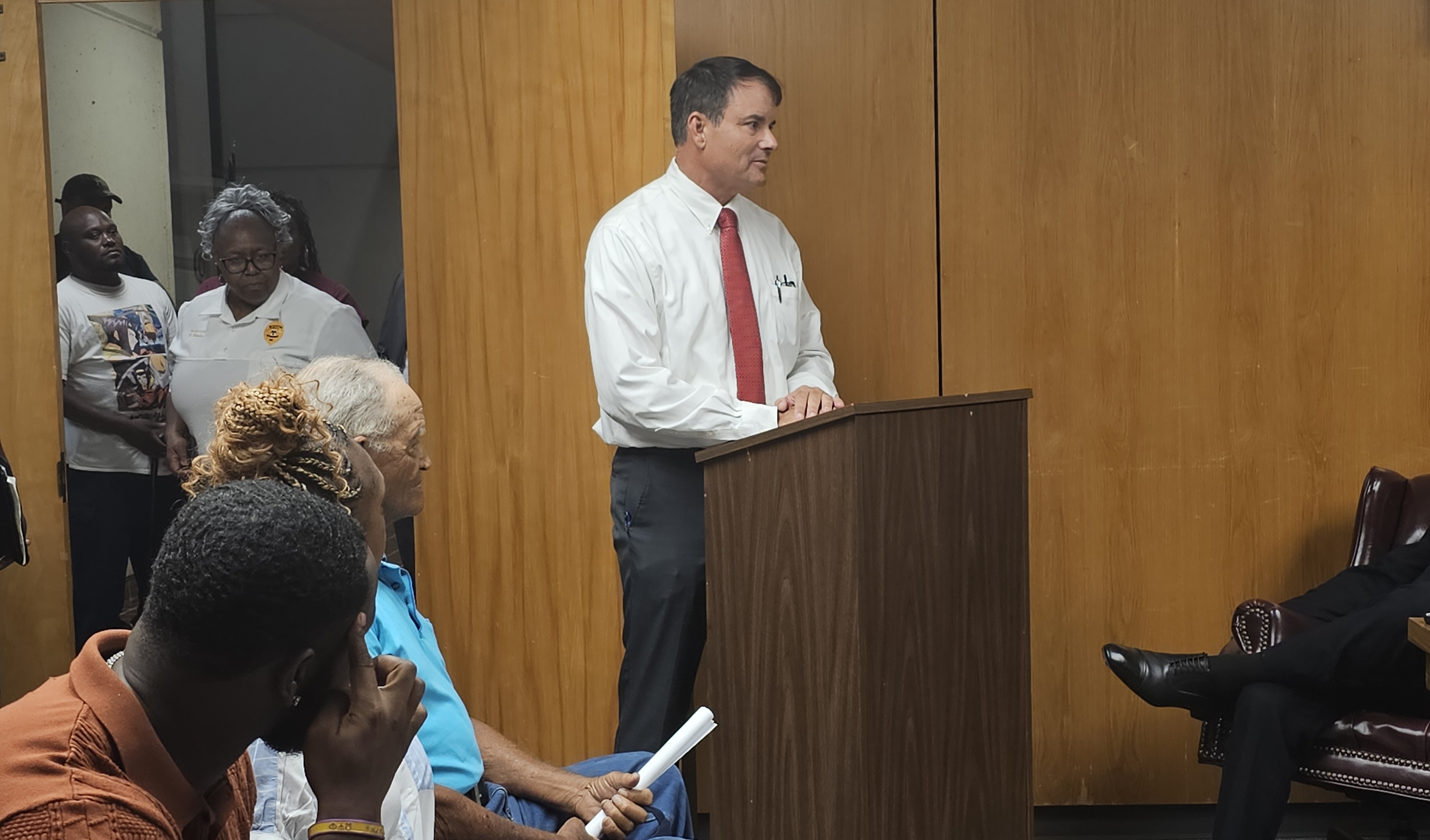MFC recognizes National Invasive Species Awareness Week
Published 12:00 pm Thursday, February 25, 2021




The Mississippi Forestry Commission has joined the North American Invasive Species Management Association, along with other agencies and organizations, in recognizing the week of Feb. 22 as National Invasive Species Awareness Week.
The emphasis is an annual international event to raise awareness about invasive species, the threat they pose and what can be done to prevent their spread.
“Mississippi has numerous invasive species that threaten the health of forests across the state,” said MFC state forester Russell Bozeman. “Education is the best way to help prevent the spread of these harmful plants and forest pests.”
From cogongrass to Japanese honeysuckle, invasive plants threaten forests by choking out native vegetation. Many of the invasive plants found in Mississippi today were purposefully planted as ornamentals in residential landscapes, soil stabilizing plants or forage for livestock.
Mississippians can help prevent the spread of invasive species by using native alternative plants in landscaping. Instead of Japanese honeysuckle, the MFC recommends coral honeysuckle. A native alternative to Bradford pear is serviceberry.
“Invasive plant species can wreak havoc on a residential landscape or stand of timber,” Bozeman said. “To help prevent the spread of these plants, Mississippi landowners need to learn how to identify invasive species on their property, and the best way to remove them.”
Non-native forest pests also cause considerable harm to Mississippi forests and trees. The southern pine beetle is the most destructive forest insect in the South. The Ips engraver beetle colonizes trees that are already stressed, damaged or weakening.
“With the ice storm that moved through the state last week, many trees that appear to be healthy may show signs of stress as the growing season begins,” said Bozeman. “These trees will be the most susceptible to infestation by harmful forest insects. Mississippians should be patient and continuously monitor their trees to ensure they remain healthy.”
For more information about the most common invasive plants and their alternatives, or the most common forest pests in the state, visit mfc.ms.gov/forest-health/invasive-plants and mfc.ms.gov/forest-health/forest-pests.








